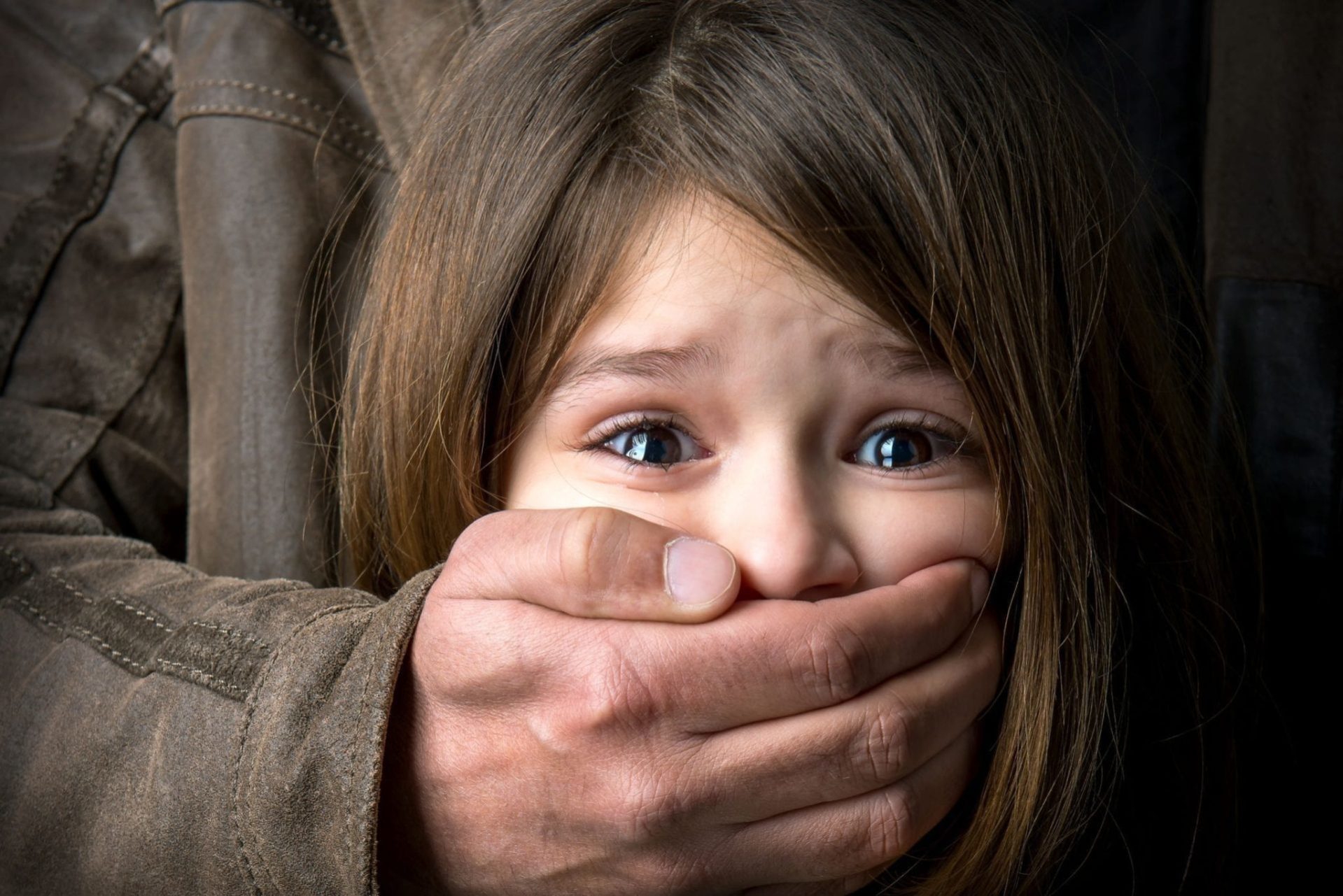Criminal Charges That Put You on the Illinois Sex Offender Registry
If you are facing a sex crime charge or worried that an accusation might be coming, one of the biggest questions on your mind is probably whether or not you could have to register as a sex offender in Illinois.
As consequences go, being on the sex offender registry is one of the worst ongoing hardships someone can be saddled with, as it has been shown to harm job prospects, limit living opportunities, stand in the way of loans, and more.
To give you an idea of what you may be up against, in this post we’re going to list the sex crimes that require registration in Illinois, then explain what you need to know about how the sex offender registry works and how you can fight your charges.
Illinois Sex Crimes Requiring Registration
A conviction for any of the following crimes will require you to register as a sex offender in Illinois:
- Criminal sexual assault
- Aggravated criminal sexual assault
- Predatory criminal sexual assault on a minor
- Criminal sexual abuse
- Aggravated criminal sexual abuse
- Ritualized abuse of a minor
- Forcible detention of a minor
- Permitting sexual abuse of a minor
- Child pornography
- Aggravated child pornography
- Indecent solicitation of a minor
- Sexual exploitation of a minor
- Soliciting, patronizing, or keeping a place of juvenile prostitution
- Juvenile pimping
- Pimping, pandering, patronizing or soliciting a minor
- Custodial sexual misconduct
- Sexual misconduct of victim with a disability
- Indecent solicitation of an adult
- Public indecency (three or more convictions)
- Child abduction

- Kidnapping
- Aggravated kidnapping
- Unlawful restraint
- Aggravated unlawful restraint
- First degree murder (when sexually motivated)
If you are facing charges for any of these crimes, it’s imperative that you get help from a skilled Chicago criminal attorney as soon as possible. Your lawyer may be able to get your charges reduced or dropped with a strong, aggressive defense, but the more time he or she has to build your case, the better.
Living as a Registered Sex Offender in Illinois
Once you are convicted for one of the crimes listed above, the courts will require you to register as a sex offender immediately.
For most sex crimes convictions, you will be required to register once per year. Illinois requires retroactive registration for any felony sex crime convictions that occurred after July 1, 2011.
You will be required to remain on the sex offender registry for 10 years. This period begins at the time of your conviction. If you are sentenced to prison, the registration period begins upon your discharge, release, or parole date.
If the court has deemed you to be sexually dangerous or sexually violent, you will need to register every 90 days for the rest of your life. A person deemed to be a sexual predator or convicted of murder is required to register annually for life.
Registrations must be made in person with Illinois law enforcement in your local jurisdiction. A first-time $100 charge will be applied along with a $100 annual registration fee.
Changes to registration information must be made within three days. Additionally, you must register any place where you reside for three days or more.
At registration, the local law enforcement agency will take your photo to be posted on the registration website. This photo is updated every time you register.
Why You Should Fight to Avoid the Illinois Sex Offender Registry

A conviction for a sex crime in Illinois can negatively affect your quality of life for years. In addition to the things mentioned above, being on the sex offender registry can affect your reputation and relationships, and you could even be prohibited from being near a park or school unless you have specific permissions.
This is no way to live, but in order to avoid it, you’ll need to beat the charges against you and prevent a conviction.
About the Author:
Andrew M. Weisberg is a former felony prosecutor who now serves as a defense attorney in the greater Chicago area. He has extensive experience in handling all types of criminal cases, from sex offenses and domestic violence to retail theft-related crimes, murder, and drug crimes.







 Blog Home
Blog Home 










